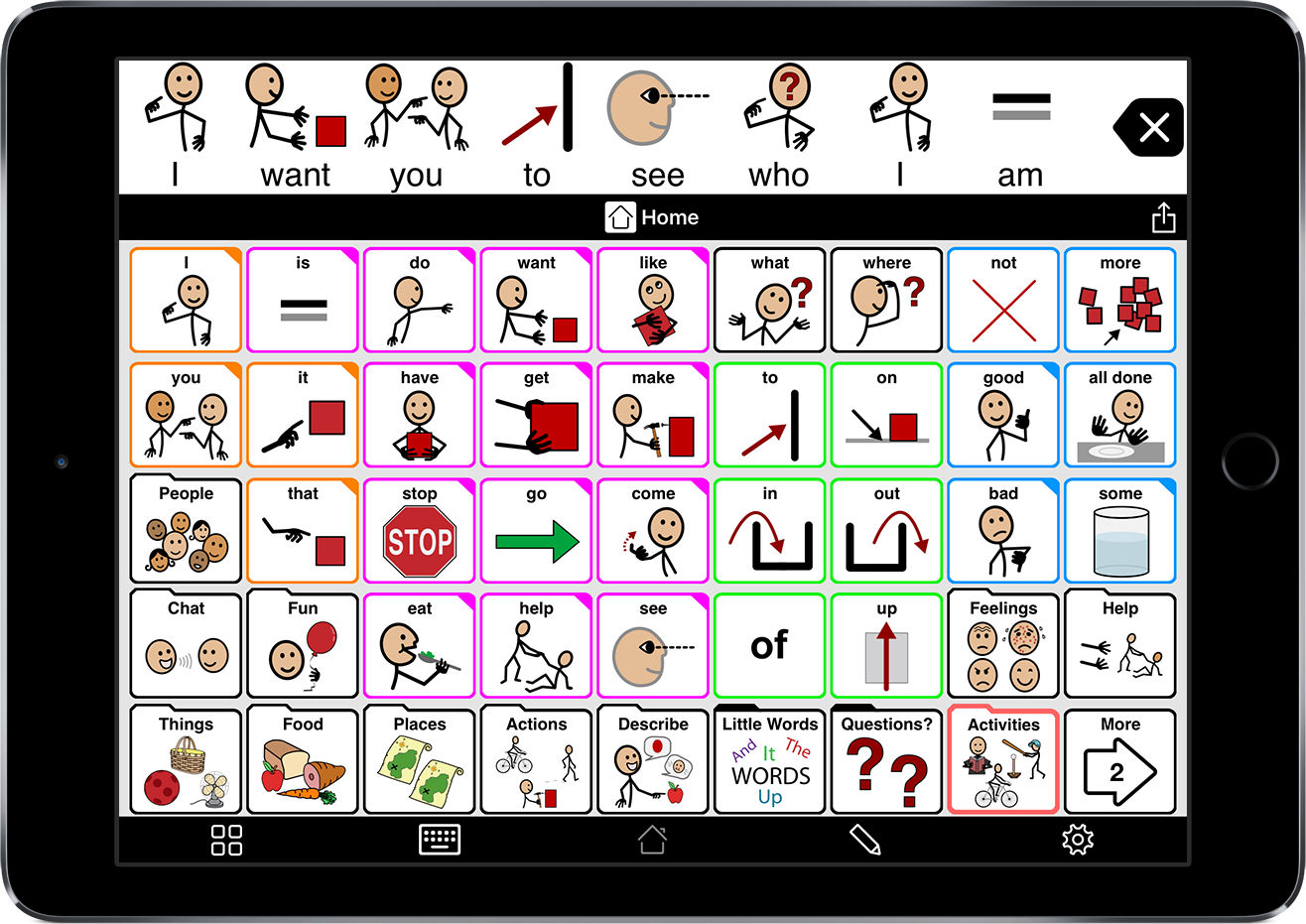Patricia George www.persnicketypatricia.ca The ABCs of Autism Acceptance [image: Book cover, with white text reading “The ABCs of Autism Acceptance” on a background of multicolored representations of letters of the Roman alphabet, above black text on a white background, reading, “by Sparrow Rose Jones.”] I’ve been an avid reader my whole life, so when I was asked to review The ABCs of Autism Acceptance by Maxfield Sparrow, and saw that it was “only” 152 pages, I thought, “this won’t take long to read, so sure, I’d love to!” I was wrong. This is the largest 152-page book I’ve ever read. In fact, I wrote more notes for this book than I did for a 500-plus page book I reviewed in 2015. The book’s title is straight-forward: Maxfield uses the Roman alphabet as a way to educate the reader about autism acceptance from an autistic person’s point of view, while interlacing…
Tag: acceptance
I am all about helping parents learn from my mistakes, so they don’t repeat my mistakes. Here are five bonks I made during the early years of parenting my autistic son, and how you can avoid repeating my fails.
How excellent to see major cultural influencers like Apple honor Autism Acceptance during April, like this an Apple announcement about the month’s strategy and events, and descriptions of the apps in their Autism Acceptance Collection—including some excellent app discounts: From Apple: Sunday, April 2 is annual World Autism Acceptance Day, which kicks off Autism Acceptance Month. One in 68 U.S. children has been identified with autism spectrum disorder (ASD) according to the CDC. Since we introduced iPad in 2010, we’ve heard from many parents, children, adults and therapists that iPad has been a key communication tool for Autistic people. And there are now some wonderful apps for Apple Watch as well, such as Proloquo4Text which now not only offers the ability to show your message to your communication partner, but version 3.1 also allows you to speak the message aloud right from your Apple Watch. But perhaps even more moving…
Since I didn’t know I was autistic, I just assumed there was something wrong with me and that I deserved what I got. I learned that intrinsically, I was less than a person, since I didn’t have a framework to tell me otherwise.
Autism is so much a part of who your child is that many of us Autistic adults who are able to communicate, and who choose to talk about being Autistic, will tell you that it hurts us to hear or read phrases like “fight autism,” because it feels like people want to fight us.
Full normalisation of autism would require a substantially broader concept of ‘normality.’ It would mean acceptance of autistic people who are non-speaking, an understanding of meltdowns, and general awareness of the dangers of sensory overload.
When you help me cope with a meltdown and when you help create an environment that helps me avoid meltdowns, you are helping to build a kinder, gentler world that has room for everyone, no matter what kind of nervous system they have.
TPGA is observing Autism Acceptance Month by featuring accounts from autistic people about the differences accommodations (or lack thereof) make in their lives. Today, Amanda Forest Vivian talks about why, no, she really can’t use a phone — and how reluctant other people can be to respect and accommodate her on this matter: Design by The Dusty Phoenix [image: White iPhone case with illustrated narwhal design.] Amanda Forest Vivian adeepercountry.blogspot.com I, an adult person, do not use a phone even though I can speak orally. In fact — and I’m really letting the team down here, according to a certain kind of motivational speaker — I can’t use a phone. If you’re anything like me, you have had the idea drummed into your head that you should never use the word “can’t” unless it is literally true — not just literally because there’s nothing figurative about my inability to use…
TPGA is observing Autism Acceptance Month by featuring accounts from autistic people about the differences accommodations (or lack thereof) make in their lives. Today, British autistic filmmaker and author Carly Jones outlines her “Top five understandings previous Autistic generations did not have, that the next Autistic generation must have as standard.” Carly Jones www.facebook.com/olley.edwards Carly and her family [image: A laughing white woman with long dark hair, lying on a striped blanket with her three children.] 1) See autism as a real disability Disability is not a dirty word, though it feels that way to some — we are all too often encouraged to see disability as “less than” “inferior,” or “disadvantaged.” I see disability as someone having a different experience of the world than is “typical.” Although Theory of Mind (lack of pre-installed knowledge that other people’s thoughts, wants, and agendas may differ from one’s own) is noted as…
TPGA is observing Autism Acceptance Month by featuring accounts from autistic people about the differences accommodations (or lack thereof) make in their lives. Today, five women talk about about the under-recognition of autistic girls, the long- and short-term effects of going without supports and accommodations, and what autistic girls and actually need to succeed and be happy. Photo: Steven Depolo (Flickr) [image: Two smiling African-American girls, on a swing set.] Autism is different for girls, and not only because fewer girls than boys get autism diagnoses. Autistic women and girls tend to have different traits than autistic boys do, and are also socialized differently — leading to many of those girls being overlooked or misdiagnosed well into adulthood, plus leading most of their life without the supports that could have made their lives much easier. It gets even more complicated when autistic girls are also racial minorities, and/or from low-income…









